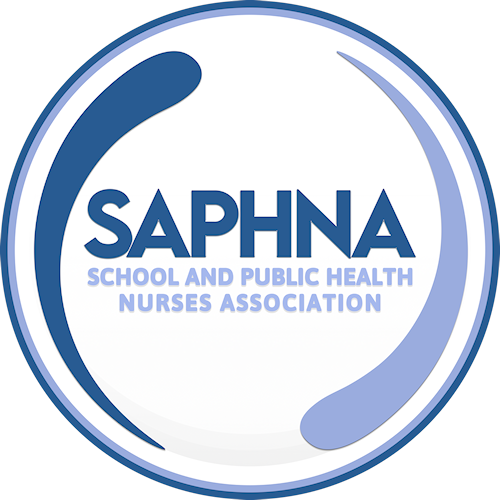Arranging education for children who cannot attend school because of health needs
3 January 2024New guidance – Arranging education for children who cannot attend school because of health needs (DfE, December 2023)
School nurses have a key role in supporting children and young people who have health needs which might impact on their ability to attend school and potentially disrupt their education. Many school nursing services provide training to school staff about supporting pupils at school with medical needs, training schools to manage common health conditions and devise individual health care plans where relevant. School nurses have contact with parents and carers when their child has health problems which are impacting their engagement with school and see children and young people who have health conditions that are affecting their schooling. It is essential that school nurses are up to date with relevant guidance about school attendance so that they are able to advise parents, carers and young people and advocate so that their needs are met.
The Department for Education have published new guidance for children who cannot attend school because of health needs Arranging education for children who cannot attend school because of health needs (publishing.service.gov.uk). This guidance sets out responsibilities for schools and local authority to provide good quality, full time (or if it bests meets the needs of the child, part time) education for children of compulsory school age, who have a disruption to their education due to physical and/or mental health problems. The Local Authority should have publicly accessible guidance which links to local services, including school nurses, where relevant. Local authorities should have a named officer who is responsible for the education of children with health needs and this officer liaises with medical professionals and relevant agencies. The new guidance should be used in conjunction with ‘Supporting pupils at school with medical conditions’ guidance Supporting pupils at school with medical conditions (publishing.service.gov.uk).
The guidance places a responsibility on parents and carers to provide information to the school about their child’s health needs. Parent, carers and children (in an age appropriate way) should be involved in decisions about education provision. There should be effective collaboration between relevant services (local authorities, CAMHS, NHS, home schools, school nurses, where relevant, etc) to support delivery effective education for children with additional physical or mental health needs.
Best practice is that a child should be supported by the school where they are on roll (home school) and that the Local Authority does not need to intervene. If the child’s school can not support the child, then the Local Authority must be involved. When a child is likely to be absent for 15 days or more, which may be consecutive or over the course of a school year then alternative provision must be arranged. Local Authorities should work closely with the child’s school, parents/carers and relevant medical practitioners to ensure suitable alternative education is found and there is minimum disruption to a child’s education. There are additional considerations for children with special educational needs and those who are Looked After.
Children can not be removed from the school role due to them having medical needs that impacts their school attendance unless a medical practitioner deems them unlikely to be in a fit state of health to attend school, before ceasing to be of compulsory school age and the child is not likely to continue education after the compulsory school age. This guidance is available for parents and carers Illness and your child’s education – GOV.UK (www.gov.uk).
Other useful guidance for short term, minor illness:
- Letter to school leaders on mild illness and school attendance – GOV.UK (www.gov.uk)
- Is my child too ill for school? – NHS (www.nhs.uk)
- Mental health issues affecting a pupil’s attendance: guidance for schools – GOV.UK (www.gov.uk)
- The role of the GP in maximising school attendance – BJGP Life
Sharing good practice examples. SAPHNA is often approached by other organisations, including Government for case studies which demonstrate how school nurses improves outcomes for children and young people. Please can you send any examples about how school nurses support attendance for children and young people with health problems to sallyann@saphna.co. We are happy to receive emails which summarise work in local areas, or you can complete our good practice case study form https://forms.office.com/e/jR77ze4U51








